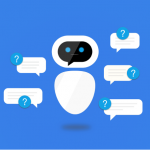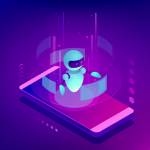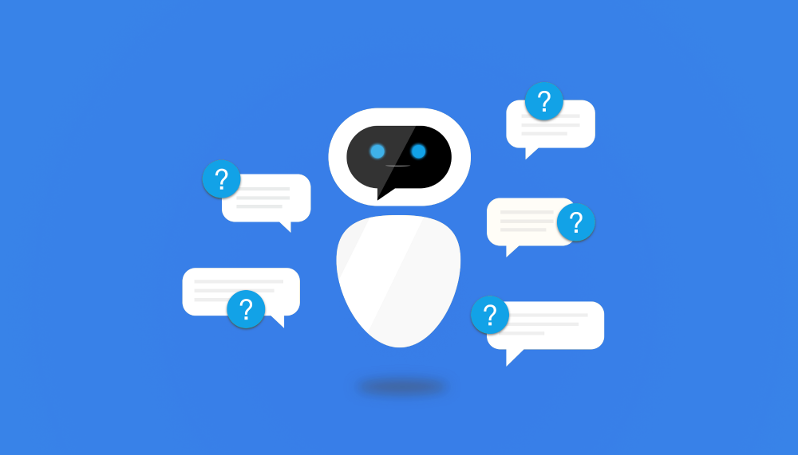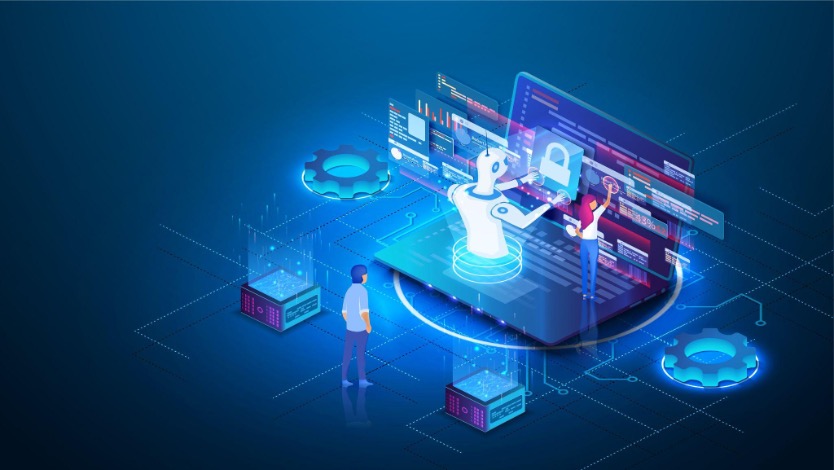How Do You Calculate Roi for an Ai Chatbot

Chatbots aren’t new technology. They’ve been around for years but have only recently gained widespread adoption. In the past few years, companies have started implementing chatbots in their marketing strategies to help them better interact with customers. This has increased interest from marketers and entrepreneurs who want to get their hands on this trending and effective marketing technology.
Conversations with chatbots tend to be easier and faster than those with regular people. They take the form of simple chat sessions, not face-to-face interactions that involve analysis, interpretation, translation of ideas into language, and deciphering nonverbal signals.
When considering implementing a chatbot, one question frequently arises: how do I calculate ROI for my Ai chatbot solution? This post will explore how you can calculate your return on investment (ROI) when implementing an Ai chatbot into your business model.
What is an AI Chatbot?
A chatbot is an automated program that uses artificial intelligence (AI) to interact with people in conversationally natural ways. It’s designed to mimic human conversation by understanding natural language and responding accordingly. Chatbots are used in many industries, including healthcare, banking, insurance, retail, travel, food services, media entertainment, education, etc.
Why Calculate ROI for a Chatbot?
Calculating ROI for a chatbot is important in determining if it is worth using. You can use this information to justify the cost-benefit analysis of chatbots, help determine if it’s worth using, and calculate how much money they save.
You also want to know how effectively your AI Chatbot has generated leads and sales because this will give you better insight into how well it will perform over time. This will help ensure that your investment in creating an AI Chatbot was worthwhile so that no matter what happens next with technology or trends within the industry, there won’t be any regrets on either side (the creator or the consumer side).
How to Calculate ROI for a Chatbot?
To calculate ROI for a chatbot, you’ll need to get the following information:
- The chatbot cost and its technology. This is usually determined by how much money you spend developing and hosting the bot.
- The cost of customer service personnel or teams. This includes salaries, benefits, training costs, and other expenses related to their employment (such as office space).
- What are the identifying eligible queries?
- Calculate the percentage of chats dealing with eligible queries.
- Calculate agent time spent on eligible chats.
- Estimate the annual cost of handling eligible hats.
Identify what queries your customers commonly send over live chat and create a list of eligible queries. Once you have these figures, it’s time to do some math!
To find out how much it will cost to hire a chatbot, you need to multiply the time it takes for a human employee to complete a task by their hourly wage. For example, if your team member spends 20 minutes on average making a sales pitch for your product and earning $20 an hour, it would take them 200 minutes (or four hours) per sale. To calculate the hourly wage for customer service personnel, add up all their salaries and divide that amount by the number of hours they work per month (usually around 36).
Sample Calculation for a Chatbot
While using an AI ROI calculator for a chatbot to determine its cost. It’s important to remember that this is only an estimate and that many factors determine how much you will spend on building one.
The second factor in calculating ROI for a chatbot is determining its benefits: what kind of return on investment can be expected? How long will it take to see results from our investment in technology? While there are many potential benefits from using AI technology like artificial intelligence (AI) or machine learning (ML), it’s important not just focus on those but also consider other factors such as time saved by not having employees manually perform tasks like customer service inquiries which could lead them spending less money overall over time because they won’t need as many people working full-time jobs at high salaries instead just answering questions via text messages all day long every single day throughout their lifetime.
Justify the investment in an AI chatbot
To justify the investment in an Ai chatbot; it is essential to assess its return on investment (ROI).
The investment in an AI chatbot is not only a tool to make your business more efficient and productive, but it can also be used to increase your profits. Even if you are a small business owner using email marketing to communicate with clients, you may notice that as your customer base grows, so does the amount of time you spend on email responses. This can result in decreased productivity and efficiency. A chatbot could help alleviate that problem by being an automated customer service representative who can answer questions and handle orders.
Conclusion
It’s time to look at how you can calculate your chatbot’s return on investment (ROI). This is important because it will help you determine if the investment in creating and maintaining an AI chatbot is worth it.
Finally, if you’re looking for tips on creating a chatbot that won’t cost you a fortune, our final recommendation is to use AIDA’s natural language understanding. Because the platform is continually learning, you won’t need to invest in adding many new skills. Instead, focus on making sure that it’s able to perform its existing tasks flawlessly. With continued development and maintenance, you should still be able to see an ROI that’ll justify the initial expense of creating and maintaining your chatbot.
Above all, you should set realistic goals for your chatbot and, by extension, your ROI. If you begin to see little or no return on your investment, it’s time to reevaluate the chatbot and its performance. But you can consider yourself successful if it does well in most of these areas. The main thing here is not to be afraid to change course if necessary.
Visit DBIX for more information on AI Chatbots.
You may also like
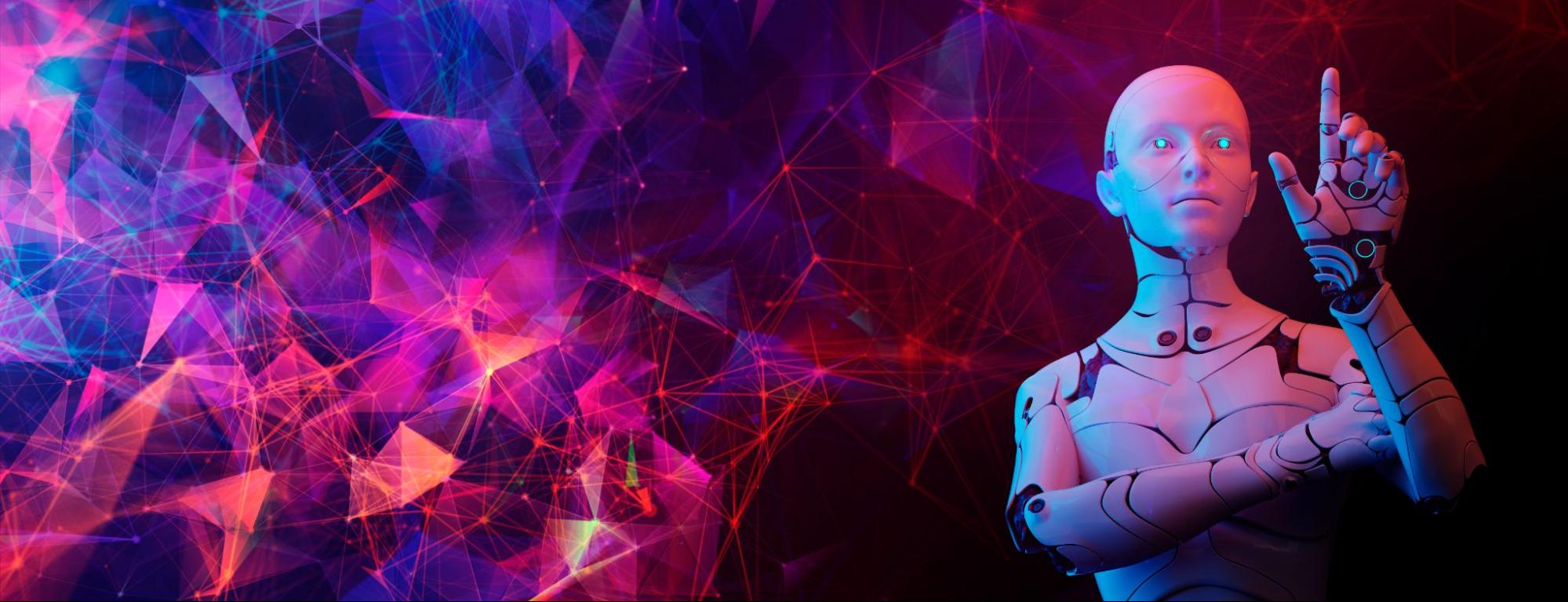
Artificial intelligence is a buzzword that's been around for decades. But as we enter the 2020s, AI

What is a Chatbot?
Although over a billion people are chatbot users, just to reaffirm, letCopyright © dbix 2023

